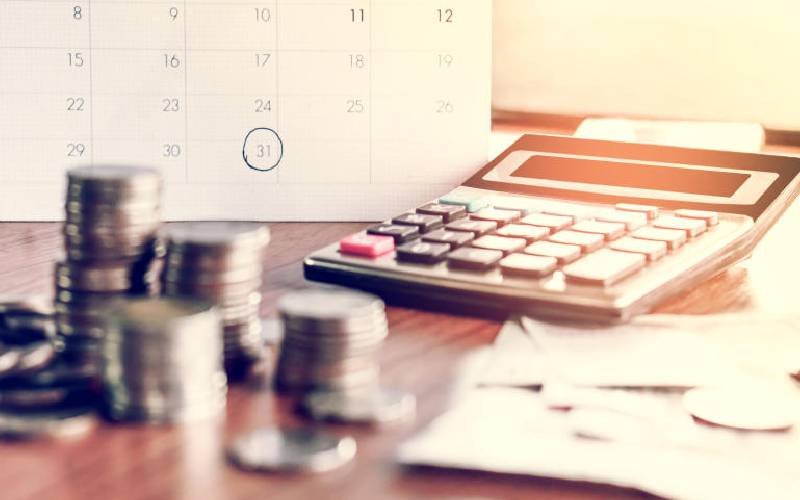
Putting a shilling away for a rainy day is a wisdom that many know. However, what many do not know is that the rainy day usually comes faster than we think.
To some, a bank account is the most preferred place for stashing this money while some prefer taking riskier ventures with the money, which boils down to an investment.
While both ways work, Sarah Wanga, head of Research AIB Capital Nairobi, says there is a difference between saving and investing.
Facts First
Unlock bold, fearless reporting, exclusive stories, investigations, and in-depth analysis with The Standard INSiDER subscription.
Already have an account? Login
 The Standard Group Plc is a multi-media organization with investments in media
platforms spanning newspaper print
operations, television, radio broadcasting, digital and online services. The
Standard Group is recognized as a
leading multi-media house in Kenya with a key influence in matters of national
and international interest.
The Standard Group Plc is a multi-media organization with investments in media
platforms spanning newspaper print
operations, television, radio broadcasting, digital and online services. The
Standard Group is recognized as a
leading multi-media house in Kenya with a key influence in matters of national
and international interest.










